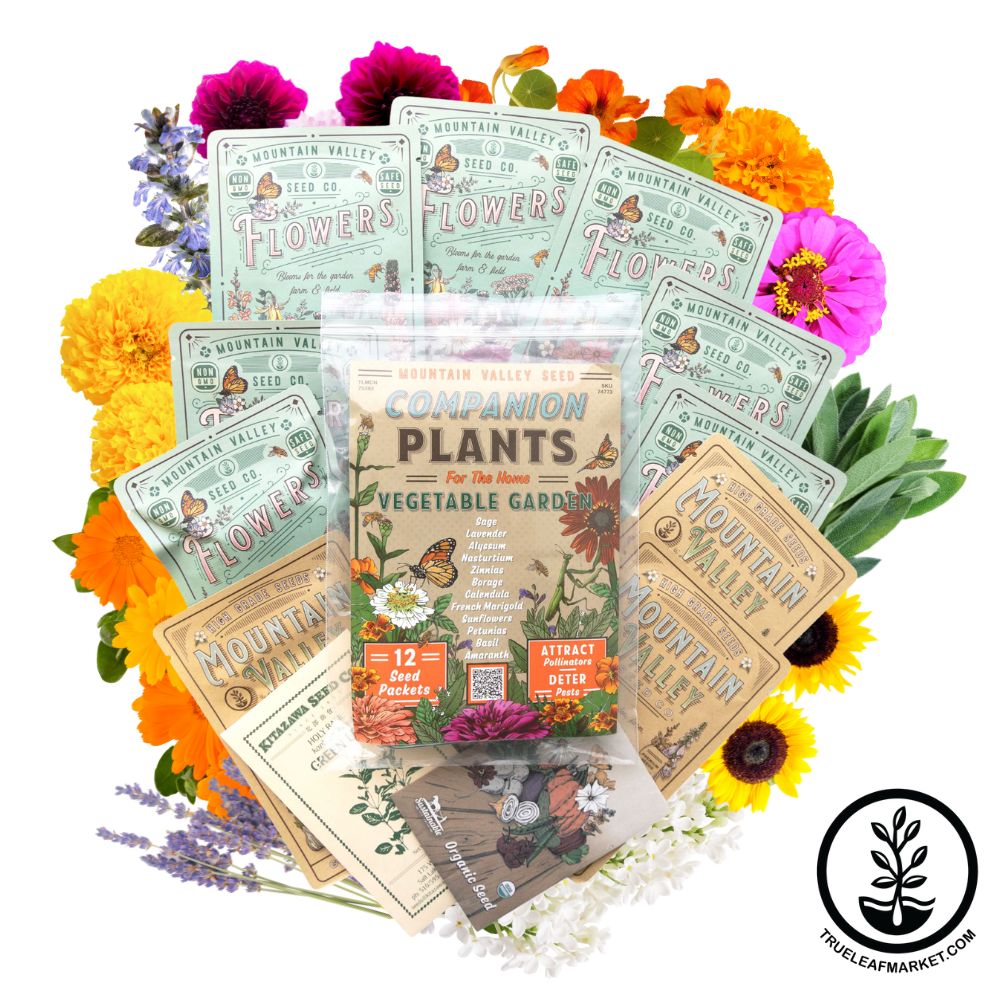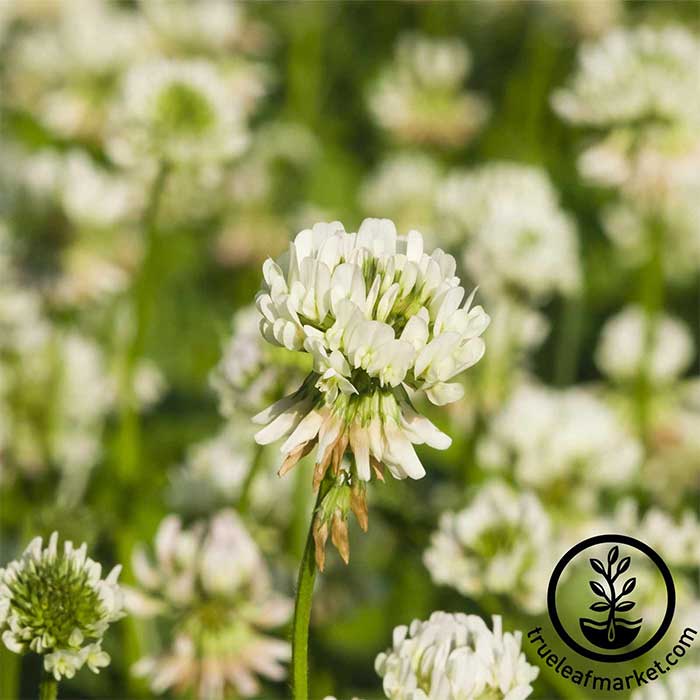
Ashleigh Smith

 |
Written By Lara Wadsworth |
Picture yourself in the serene Japanese countryside. The sun is warm but not too hot, the birds are chirping happily in a nearby forest and it rained last night so everything is lively and green. You’re standing on a hillside field that seems wild yet, you look down at your feet and find a massive radish poking out of the ground just in front of your toes. As the clouds pass by above you, you reach down and grasp the radish. You pull it out of the ground and smell the fresh, healthy soil that grew this gem of the earth. You walk back to the house on the hill to enjoy a meal consisting of only locally grown produce and meats with your closest friends and family.
What an idyllic life. This is the life that Masanobu Fukuoka encouraged for all who would seek it. Fukuoka was a Japanese farmer who became famous for his Taoist and Buddhist-inspired agricultural techniques. He calls it do-nothing farming. Sounds too good to be true, right? Let’s dive in and see what all the hype is about.
Humble Beginnings
Born in Japan in 1913, Masanobu Fukuoka lived a rural lifestyle in his early life. He worked on his family’s land and as a young man began to develop his unique farming approach. He attended Gifu Prefecture Agricultural College and worked toward becoming a microbiologist and agricultural scientist. He went on to work and research at the Plant Inspection Division of the Yokohama Customs Bureau. “However, he was too devoted to his research and found himself on the brink of death from acute pneumonia. It was then he realized that ‘in this world there is nothing at all.”
He returned to his home to continue his agricultural research and experimentation. It was there that he solidified his way of cultivation. After his sickness and resulting existential realization, he began learning from the earth and working in harmony with its rhythms and cycles. He realized that it was futile to fight nature. Conventional farming was all about going contrary to the earth and forcing it into submission using chemicals and mechanical means. He says that people started using machines but forgot that the human being is the most efficient machine.
Impacting the World
Fukuoka went on to teach at numerous universities on various continents in dozens of countries all about his findings. Masanobu Fukuoka's gardening approach, showcased in his book "The One-Straw Revolution," centers on natural farming principles that advocate for minimal human intervention. Fukuoka's method involves no tilling, no chemical fertilizers, and no pesticides. He emphasizes the importance of understanding nature's rhythms and cycles, allowing plants to grow naturally by seeding directly into the soil. This approach not only reduces labor and promotes sustainability but also aims to restore the health and biodiversity of the soil. Fukuoka's philosophy is deeply rooted in the belief that humans should live in harmony with nature, observing and learning rather than controlling it.
When I started learning about Fukuoka it reminded me of many of Wendell Berry's essays in his book Home Economics. Wendell says that a huge agricultural fallacy is, “That agriculture may be understood and dealt with as an industry. This assumption is false, first of all, because agriculture deals with living things and biological processes, whereas the materials of industry are not alive and the processes are mechanical.” This is incredibly similar to many of Fukuoka’s ideals. When we view the earth as an asset rather than the source of everything, we miss the mark.
The Drawbacks
However, Fukuoka's method also presents challenges. Unfortunately, natural farming is not high-yielding enough to replace conventional farming, especially during the transition period. This can be problematic for farmers reliant on consistently high outputs for their livelihood. The approach demands a deep understanding of local ecosystems and natural crop cycles, which has a steep learning curve. Farmers must be adept at observing and responding to environmental cues, which can be daunting without substantial experience or knowledge.
Additionally, the marketability of naturally farmed products may be limited due to their potential failure to meet the cosmetic standards of conventional produce. Fukuoka’s approach might not be suitable for all geographic and climatic conditions either. Such is the case with my situation. Because I live in Michigan, I cannot garden year round without intervention. I could implement many of his tactics during the summertime but in the winter I would have to stray. While Fukuoka's methods promote biodiversity and environmental health, they require a significant shift in traditional farming paradigms and a commitment to long-term ecological balance.

Nevertheless, Masanobu Fukuoka's natural farming approach is acclaimed for its environmental sustainability and simplicity. By shunning chemical inputs, mechanical tilling, and intensive labor, this method promotes an all around healthier ecosystem through the preservation of soil health and biodiversity. It significantly reduces the environmental footprint of farming, conserves water, and cuts down on the financial costs associated with conventional farming practices like the purchase of machinery and chemical fertilizers. The reduction in labor and inputs can make farming more accessible and sustainable, particularly for small-scale farmers.
Get Involved
All in all, I am a big fan of Masanobu’s ideas. While I see that it is not necessarily the solution to replace all conventional farming, I do believe that many people can adopt these principles and benefit from them. A simple way to start is by using a no-till cover crop or ground cover in your garden rather than tilling the soil each year. Something small like this can do wonders for preserving your soil’s integrity from year to year. Trying to eat locally sourced food whenever possible is another way to implement Fukuoka’s ideals. Even if you haven’t grown it yourself, minimizing transportation costs and carbon emissions through local businesses can benefit the ecosystem immensely.
The biggest thing that we can learn from Fukuoka is something that you don’t even need to be a gardener to implement. Patience. Let go of tension and pressure. Seasons change. Time passes. Night will turn to day. There is nothing we can or should do to try to change these things. Take action where you can, but do not get carried away with interventions. We cannot and should not control nature. We must learn to work under Mother Nature’s tender care. How will you do this?
 |
Lara Wadsworth, True Leaf Market Writer |
I am a native of Southwestern Michigan, where I also reside, and I love all things plants! I got a Bachelor's Degree in Horticulture and found the first work-from-home job I could get. Now, I spend my days writing for TLM, playing with my dog, eating delicious food with my husband, and plotting my next landscape or gardening move. I believe everyone should get down and dirty in the soil now and then. Happy Gardening!
About the Author

I'm Ashleigh Smith, a native to Northern Utah. I first gained a love of gardening with my grandmother as I helped her each summer. I decided to make a career of it and have recently graduated with a Bachelor's degree in Horticulture from Brigham Young University - Idaho. My studies have focused on plant production while I also have experience in Nursery & Garden Center Operations.
Become a True Leaf Market Brand Ambassador! You’ll enjoy awesome perks, free products and exclusive swag & offers! Help us create a gardening revolution and help others experience the joy of growing!
Leave a comment
Your email address will not be published. Required fields are marked *
0 Comments
No Comments yet! Be the first to start a conversation
Further Reading

Sprout for Health - Check Your Micro-Gains
Coming Soon! Check out this sneak peek: Are you ready for some micro-gains this week? As part of our month-long Sprout for Health Challenge, we are growing microgreens and strong, healthy habits one day at a time. Microgreens may seem small and insigni...

Ashleigh Smith
2025-01-141 min read0
4 Ways Gardening Improves Your Health
Written By Lara Wadsworth What does gardening do for you? Some people see it as an optional hobby. Others have small gardens that supplement a home kitchen or are purely ornamental. Others rely on gardening for most of the nourishment for their mind, b...

Ashleigh Smith
2025-01-145 min read0
Sprout for Health - Break Out and Sprout
Welcome back to the Sprout for Health Challenge, a month-long challenge focused on helping you harness the benefits of superfoods like sprouts, microgreens, wheatgrass, and more! Remember, this challenge can be done at any time of the year and repeated...

Ashleigh Smith
2025-01-074 min read0
The Sprout for Health Challenge
The True Leaf Market Sprout for Health Challenge is back and ready to grow into 2025! Whether you are striving for healthier habits or you just want to detox from the holiday sugar rush, this challenge is perfect for you. Don’t worry, this isn’t some f...

Ashleigh Smith
2024-12-293 min read2







